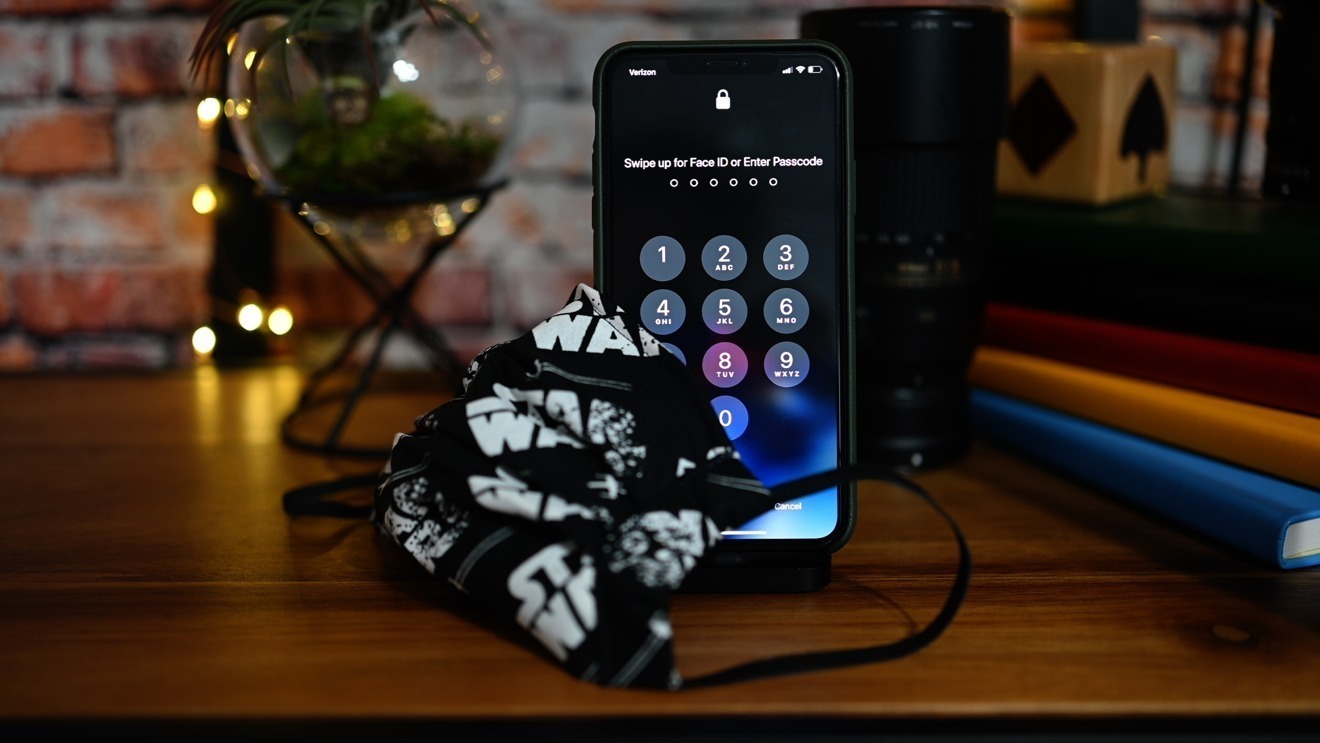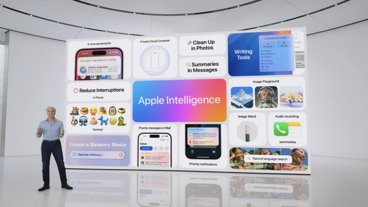Apple on Tuesday stopped signing code for iOS 13.7, the last iteration of iOS 13 to be issued prior to last week's debut of iOS 14.
The halt of iOS 13.7 code signing comes six days after Apple pushed out the next-generation iOS 14 in a release that took the public — and developers — by surprise. With Apple no longer authenticating iOS 13.7 code, device users who upgraded to iOS 14 are no longer able to download or install the now out-of-date operating system.
The outgoing operating system version included support for Apple and Google's Exposure Notification Express system, which enables users to take advantage of the framework without downloading an app. Local health authorities are required to support the feature, though the update takes much of the burden off of users.
Apple's iOS 14 introduces a slew of new features, performance enhancements and tweaks, including home screen widgets, a new App Library, picture-in-picture support, App Clips and more.
Apple routinely stops signing legacy code after the release of a new iOS build in part to protect customers from nefarious actors attempting to take advantage of newly discovered vulnerabilities. In addition to security, preventing users from downloading older code allows Apple to keep more iOS devices on the latest, feature-rich software.
An initial beta of the pending iOS 14.2 point release was seeded to developers last week, with the same software reaching public beta users on Monday. An intermediate iOS 14.1 version is expected to land in the coming weeks, perhaps with a slate of new "iPhone 12" models.
 Mikey Campbell
Mikey Campbell








 Andrew Orr
Andrew Orr
 Malcolm Owen
Malcolm Owen
 William Gallagher
William Gallagher

 Wesley Hilliard
Wesley Hilliard






-m.jpg)




7 Comments
Wow, that was fast. Perhaps Apple is so pleased with how 14 is working that they just want to leave 13.x behind. My 8 plus is working great on 14, your mileage may vary but no major issues here. Phone is at least as fast compared to 13.x and may even be faster in some things.